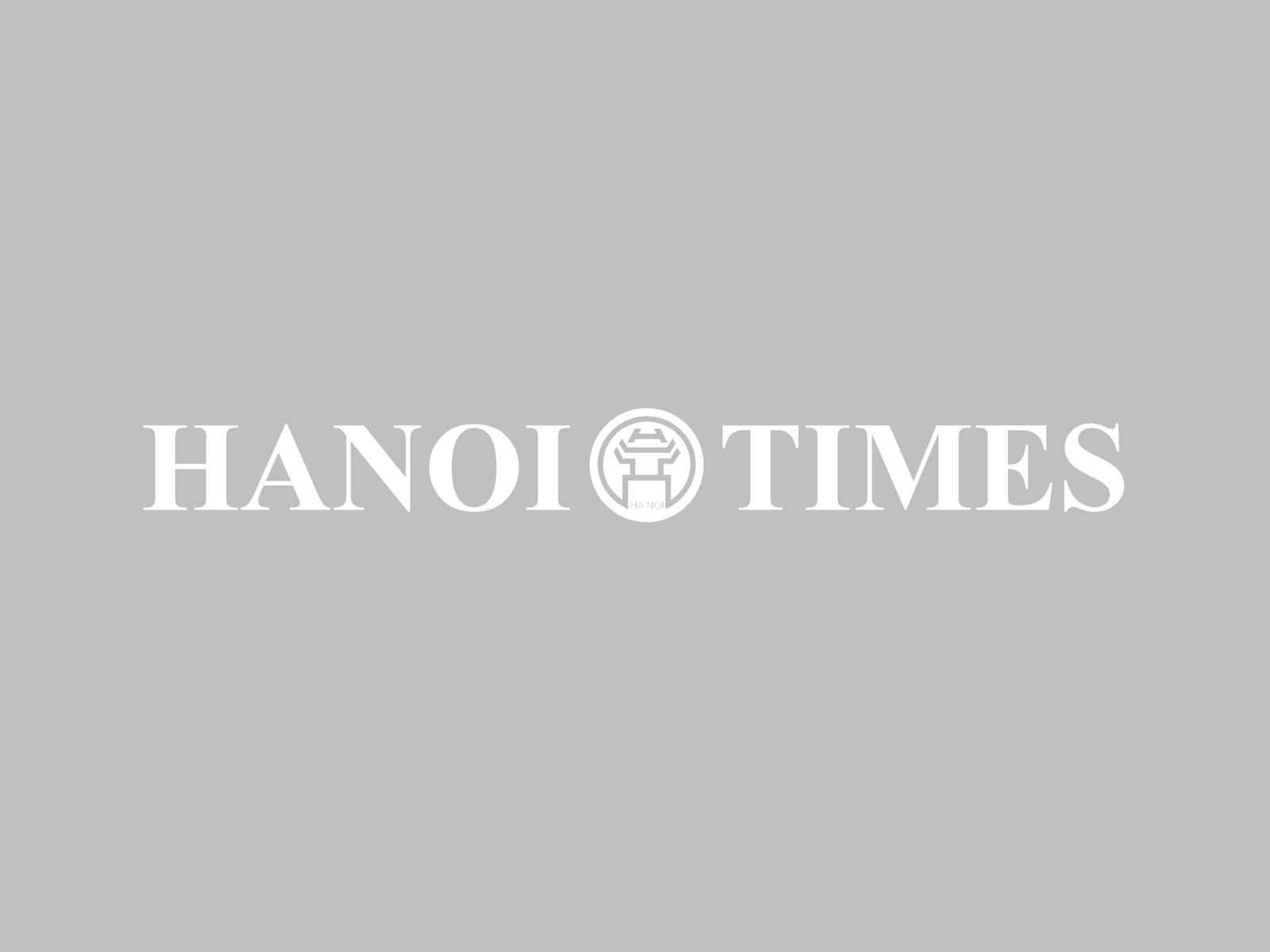Real estate firms sell bonds worth $402 million in May
Real estate companies have raised $862 million from bond issuance in April and May, thanks to an improved business environment and better access to funding.
28 Jun, 10:16 PMVietnam unveils new strategies to boost domestic market, aid businesses
As global trade uncertainties grow, Vietnam sees the domestic market not only as a key consumption driver but also a “lifeline” for businesses hit by protectionist export barriers.
23 Apr, 05:42 PMVietnam eyes US tilapia export boost as global supply falls
Vietnam aims to increase tilapia output to 400,000 tons by 2030, making it the second-largest freshwater export species after pangasius.
21 Apr, 09:07 PMVietnam’s enterprises must act fast to weather US tariff shock: Experts
Many of the key Vietnamese exports, such as wood products, electronics, and textiles, that are not on the US exclusion list could face steep tariffs.
18 Apr, 11:15 PMVietnam's mobile money pilot program extended to end of 2025
Mobile Money, launched by the Ministry of Science and Technology, differs from e-wallets by linking users’ payment accounts directly to mobile phone numbers.
17 Apr, 04:05 PMVietnam taps innovation, global ties to elevate national brand
Vietnam is intensifying efforts to enhance its national brand, leveraging innovation, global partnerships, and strategic policies to bolster its global competitiveness and market presence.
17 Apr, 02:19 PMVietnam extends US$3.9 billion loan package for agro-forestry-fisheries
The government has expanded the scope and scale of the credit program for the sectors which brought about US$62.4 billion worth of exports in 2024.
16 Apr, 09:42 PMVietnamese public shows rising satisfaction in 2024 PAPI survey
The 2024 PAPI survey found increasing citizen satisfaction with governance, but highlighted persistent administrative challenges, climate vulnerability, and gaps in access to public services.
15 Apr, 08:46 PM








